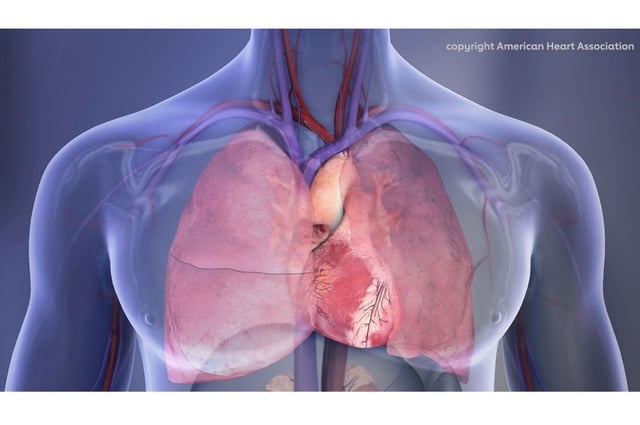Overview
- In a scientific statement published Monday in Circulation, the American Heart Association suggests post–heart attack depression could be treated as a formal cardiac risk factor.
- About 33% of heart attack survivors develop depression within a year, while anxiety and stress affect up to 50% during hospitalization and persist in 20% to 30% after discharge.
- Post–myocardial infarction anxiety is linked to a 1.3-fold higher risk of recurrent events or death, and depression and PTSD are each associated with roughly double the risk.
- The guidance supports evidence-based care such as cognitive behavioral therapy, mindfulness strategies, lifestyle changes and SSRIs, which trials indicate are safe and effective in cardiovascular patients.
- Cardiac rehabilitation reduces distress and is associated with improved outcomes, yet fewer than 20% of eligible patients participate due to barriers such as transportation, scheduling and limited program availability, and the statement calls for more research rather than universal formal screening.

